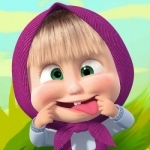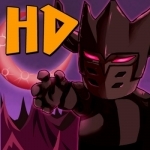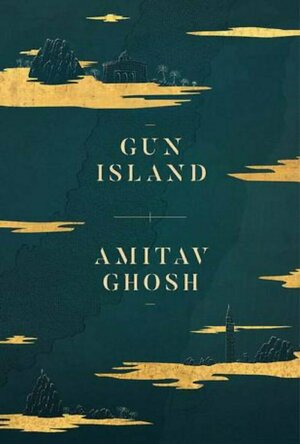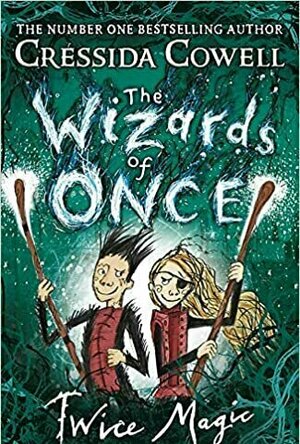ClareR (6086 KP) rated Gun Island in Books
May 21, 2021
Deen Datta certainly gets around on his journey. From New York where he lives, to the Sunderbans in India, then onto a California on fire and a more flooded than usual Venice. This could have been a book that preached about the perils of climate change, but it didn’t. It did lay the stark reality out for the reader, but this was just as much a part of the story as the relationships Deen has with the people he meets, and his friends. There is a real feeling that Deen doesn’t have a firm identity: he’s detached from his Bengali roots, and he doesn’t fit in to New York either. But I think he does feel a sense of belonging by the end of the book, with the help of his friends. Cinta, a Venetian, is an old friend, and someone who always seems to push him into doing what’s good for him. Then there are his Indian friends, Piya and Tipu who help him to learn new things about himself and the world he lives in.
I loved this book. It ticked a lot of boxes on my favourite themes list: the environment, India, history, folklore, the search for identity. It’s such a thought provoking, magical novel.
BookInspector (124 KP) rated Twice Magic (The Wizards of Once #2) in Books
Sep 24, 2020
I have very mixed feelings about the narrative of this book. I did like the adventure part, but rest of the things seemed very stretched out and it had too much detail going on. The author created quite interesting surprises in the plot, incorporating some romance into the story. This part can easily be read without reading the first book, as the author explained most of the things, which might seem a little confusing to a new reader.
The writing style remains as in the first book, it feels raw, just like the way you would be telling the story, and explaining bits and pieces along the way. Which feels unique, but at the same time, makes the chapters longer and more detailed. The illustrations once again are absolutely stunning, and I enjoyed the texture, which they give to every chapter and overall reading experience. I liked that the setting of this novel keeps changing as the characters travel, it gave a more adventurous feeling to me. The ending was quite dragged for my liking and I think that there are way more books to come in this series, so, if you are a fan of these characters, it is good news to you. 🙂
To conclude, it is a fun read with same characters, (who can be quite a negative influence sometimes to a young reader) but new, romantic and adventurous findings, and if you liked the first part, you might enjoy this one as well.

LegendSmith - for League of Legends
Games and Entertainment
App
LegendSmith is the most powerful counter pick and champ build tool available anywhere! Building...

Black Wallpaper HD – Dark Abstract Themes for Home & Lock Screen Background
Lifestyle and Entertainment
App
Is black your favorite color? Want to darken your screen with black wallpaper? Close your eyes and...

Smurf Life
Games and Entertainment
App
PLEASE NOTE: Smurf Life is free to play, but charges real money for additional in-app content. You...

Mirror Photo Effects – Clone Yourself and Make Water Reflection in Pictures
Lifestyle and Photo & Video
App
Mirror, mirror, girls! Do you like taking pics, making selfies, beautifying your photos? Well, then...

ai.type keyboard Plus
Utilities
App
ai.type is the smartest, most personalized keyboard for smartphones and tablets. With over 40...

Dots & Co: A Puzzle Adventure
Games and Entertainment
App
***NEW from the creators of #1 App Store Hits DOTS and TWO DOTS*** Explore beautiful landscapes and...

Masha and the Bear: kids games for girls and boys
Games and Entertainment
App
*13 mini games to play! A girl in a pink sundress is calling you to play! Her name is Masha by the...

Avatar of War: The Dark Lord
Games and Entertainment
App
Avatar of war: The Dark Lord is an addictive and fun line drawing strategy game. You can draw...

